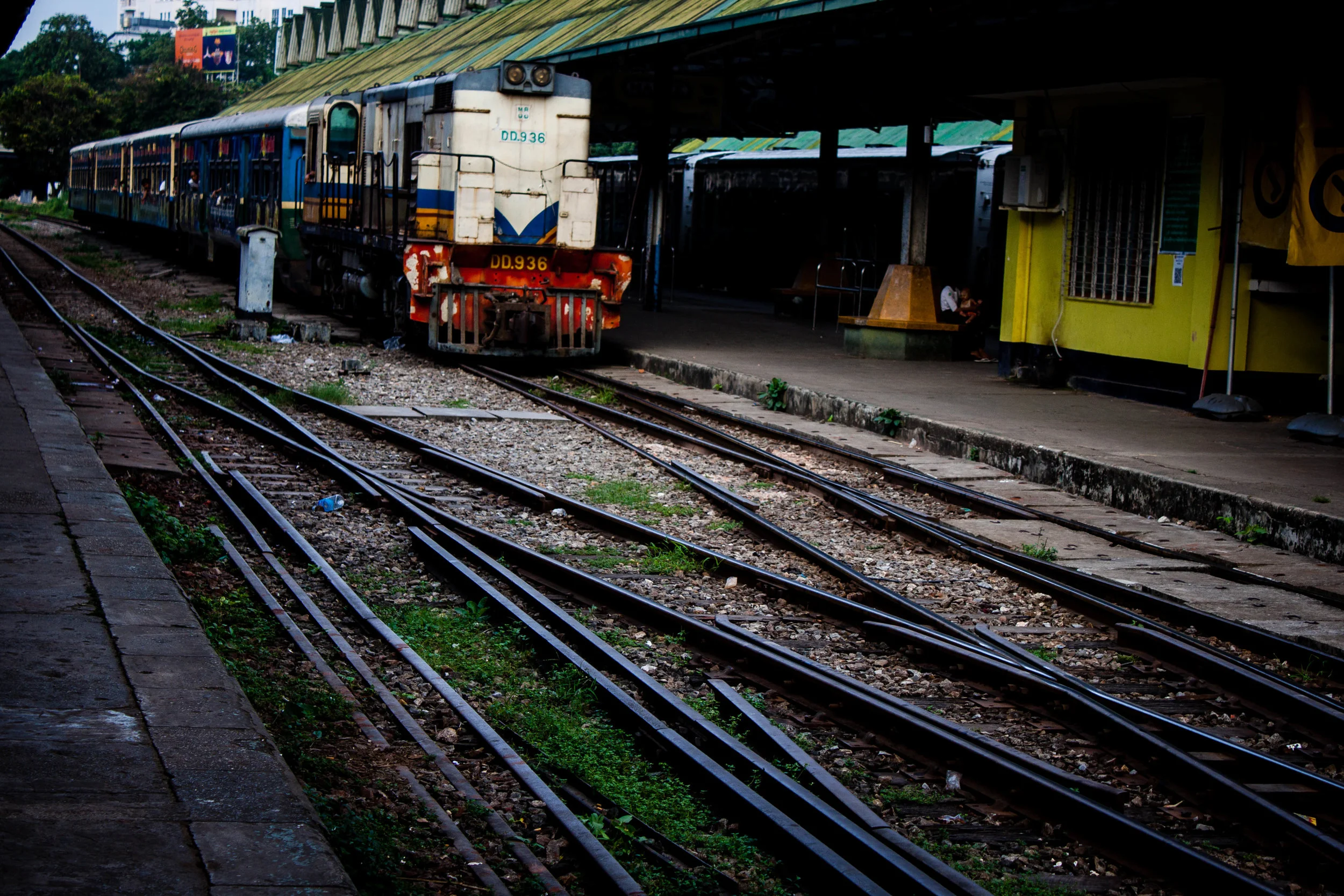The Dala township

Standing on the crowded and slightly chaotic wharf in downtown Yangon, you can see the Dala Township across the murky brown waters of the Yangon River. Each day droves of people line up to take the ferry 15 minutes across the water to Dala, or if you’re on the other side, to Yangon. Upon arriving across the river in Dala, herds of rickshaws all vying for your business greet you. A 15 minute ride on one of these takes you to the 11th ward.
The 11th ward is a hive of activity. Young boys push old steel carts selling jerry cans of water. Shopfronts hawk everything from balloons to fans and the local delicacy, betel leaf. Children gleefully run around – some laughing and playing, others carrying bamboo yokes with buckets of water hanging off each shoulder, collected from a monastery 20 minutes away. They shuffle along taking small steps, their tiny shoulders desperately trying to avoid buckling under the weight of the water as they bring buckets back to their makeshift homes of corrugated iron, tarpaulins, bamboo and thatch.
The 11th ward, like the other 13 in the Dala Township consist of a range of formal and informal settlements and when it comes to land tenure and ownership, there is great insecurity and uncertainty.
Some settlements were established more than 10 years ago, while others are on public land such as the town administrator’s allotted lands and in the cemetery. Those living on public land do not have tenure and are deprived of a legal right to public services.
However, those in legal settlements also face uncertainty over their ownership of the land. This is because land occupied by families may have been bought and sold informally, and often it is unclear if the dwellers do indeed have the right to own the land. As a result, fear of forced eviction is a daily concern for residents in the township. Due to this insecurity of being uprooted at any moment, many are reluctant, and simply do not have the means, to make investments to improve their living conditions. Consequently, many of the residents live in very poor housing, with inadequate water, sanitation and sewerage infrastructure.
Informal settlements like these without secure land tenure are sadly common in the developing world. An astounding 75 percent of land worldwide is not legally documented. Without secure land tenure, millions of people in developing countries are left vulnerable and face the fear eviction and displacement on a daily basis.
Having secure land tenure is essential in order to have safe shelter. Unfortunately land tenure isn’t the easiest concept to wrap your head around nor the sexiest. Habitat for Humanity however is doing some great work around the need for land for shelter, and it is for this reason in my Dala today. Stay tuned to find out more!
To discover more about the amazing work Habitat for Humanity is doing in the Asia Pacific region visit their website: www.habitat.org.au






